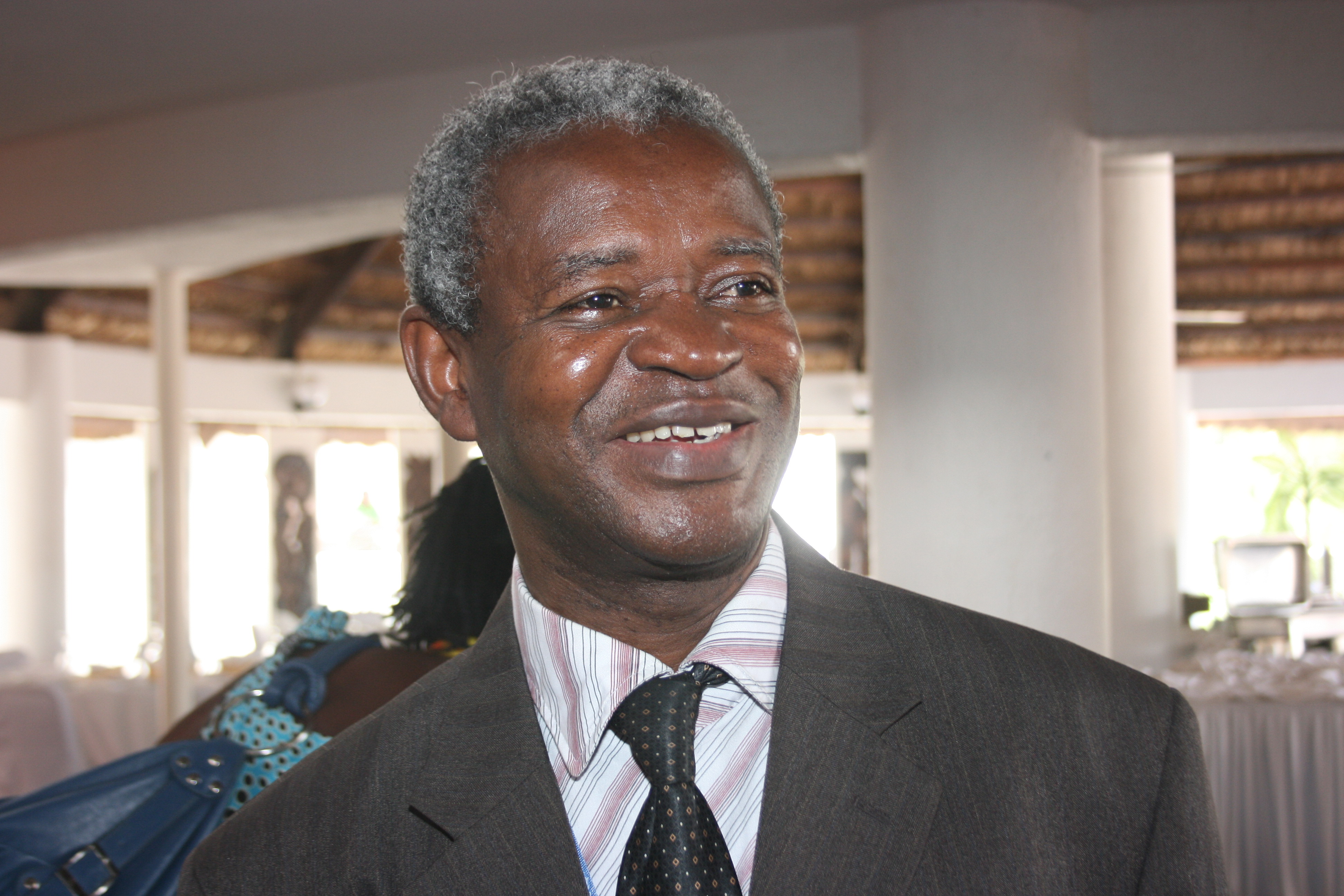
Three more commit suicide. Scores call helpline for assistance
Three days after the Mental Health Authority (MHA) had set up a temporary helpline for those contemplating suicide, three more persons have allegedly committed suicide.
The identities of the victims have been given as Belinda Gabla, a 14-year-old Primary Five pupil of Aggrey Primary School at Achimota, Accra, Bright Worvi, 32, a resident of Ashaiman Lebanon, and another girl whose name was given only as Leticia, a resident of Ekye Amanfrom in the Eastern Region.
The number brings to seven, persons who have committed suicide in less than two weeks in different parts of the country.
They were Jennifer Nyarko, a Level 400 student of the University of Ghana, Adwoa Agyarka Anyimadu-Antwi,18, a first year Chemical Engineering student of Kwame Nkrumah University of Science and Technology (KNUST); James Ayiem, a taxi driver at Half Assini in the Jomoro District, and another taxi driver whose body was found hanging on a tree at Achimota last Wednesday
As of last Saturday, the MHA had received 30 calls from people in different parts of the country and the number increased astronomically last Sunday.
Tragic 2016
On December 31, 2016, a few hours before the New Year, a 28-year-old man, identified as Kwasi Affum, allegedly ended his life.
The deceased was said to have committed suicide in his room at Akyem Hemang in the Fanteakwa District in the Eastern Region on New Year’s Eve in circumstances the family is yet to come to terms with.
In October, last year, after leaving a lengthy suicide note in Arabic that he was tired of living on this earth, a 62-year-old Lebanese man reportedly committed suicide by shooting himself. Ahmed Chaaban reportedly shot himself with a single barrel gun at his Taifa Baukina residence, near Kwabenya in Accra.
In the same month, a woman believed to be in her late 30s reportedly committed suicide by drinking a poisonous substance at Asuofia in the Ashanti Region.
Number of calls
The Chief Executive Officer (CEO) of the authority, Dr Akwasi Osei, told the Daily Graphic that the number of calls showed that “there is a real need out there and we are mapping out strategies to deal with it.”
He said some of those who called were counselled and given re-orientation because they just needed a hearing ear, while others were directed to the nearest health facilities where there were psychiatric units or psychiatric nurses. Some, however, needed follow-up visits.
Background
The authority established the temporary helpline as a short-term measure in response to the current spate of suicide cases the country was experiencing.
It is also in discussions with telecommunication companies for the establishment of permanent toll-free numbers for the same purpose.
Dr Osei explained that those who committed suicide did so as a last resort and not because they wanted to die.
“Even though they are happy when their attempt fails, they are likely to do it again if they do not get the needed intervention,” he said.
He described the trend, particularly among students, as very worrisome and an indication that “we are not paying proper attention to mental health care in the country.”
Causes
Dr Osei said 95 per cent of attempted or completed suicide cases were as a result of mental illness.
He explained that 80 per cent out of this 95 per cent was due to depression, while 15 per cent was the result of other mental illnesses, including bipolar disorder, schizophrenia, acute stress reaction, alcohol and drug abuse.
The other five per cent, he said, was due to decisions based on politics or religion, citing suicide bombings as an example and the decision of a person suffering from a chronic ailment such as cancer, HIV or diabetes, for instance, to end it all.
